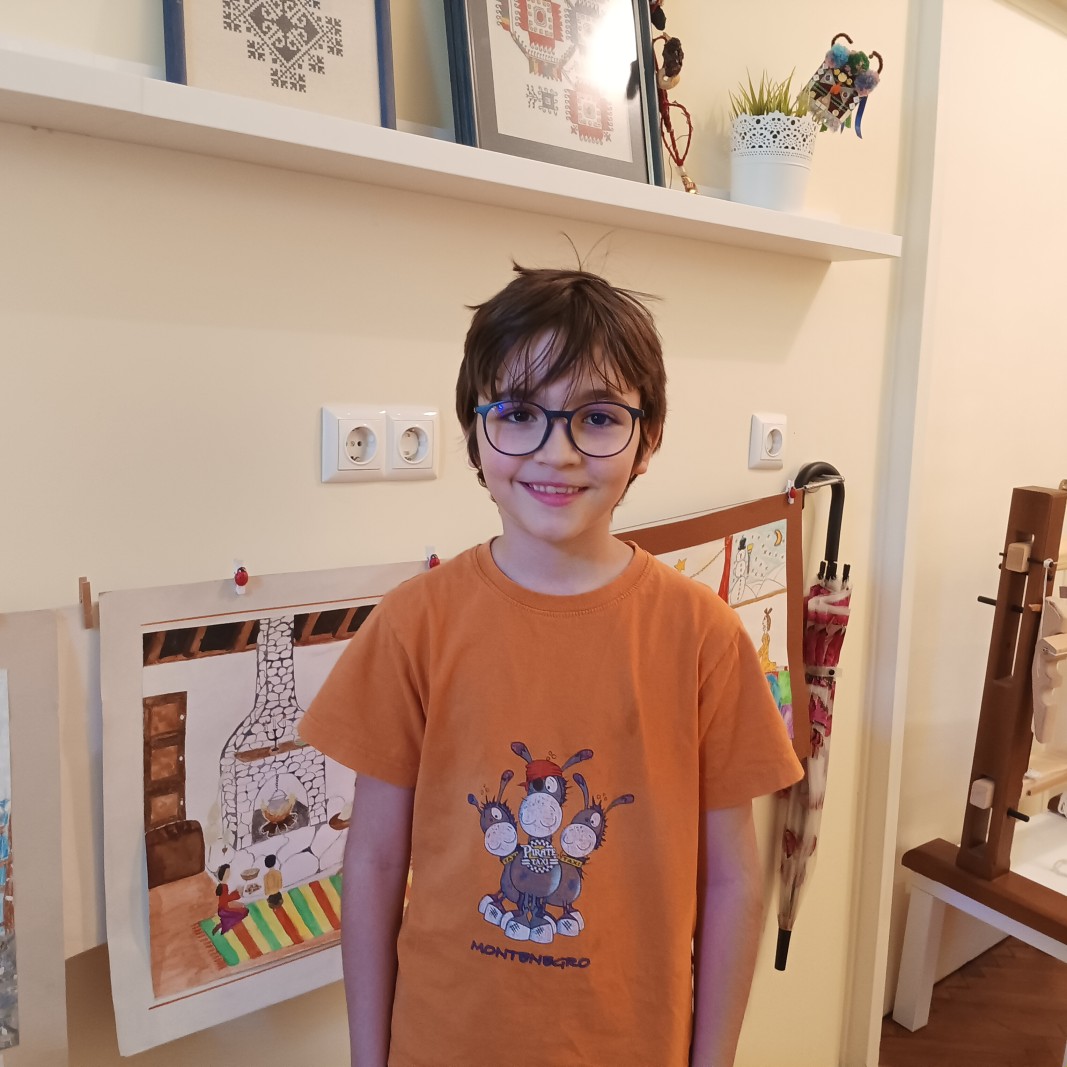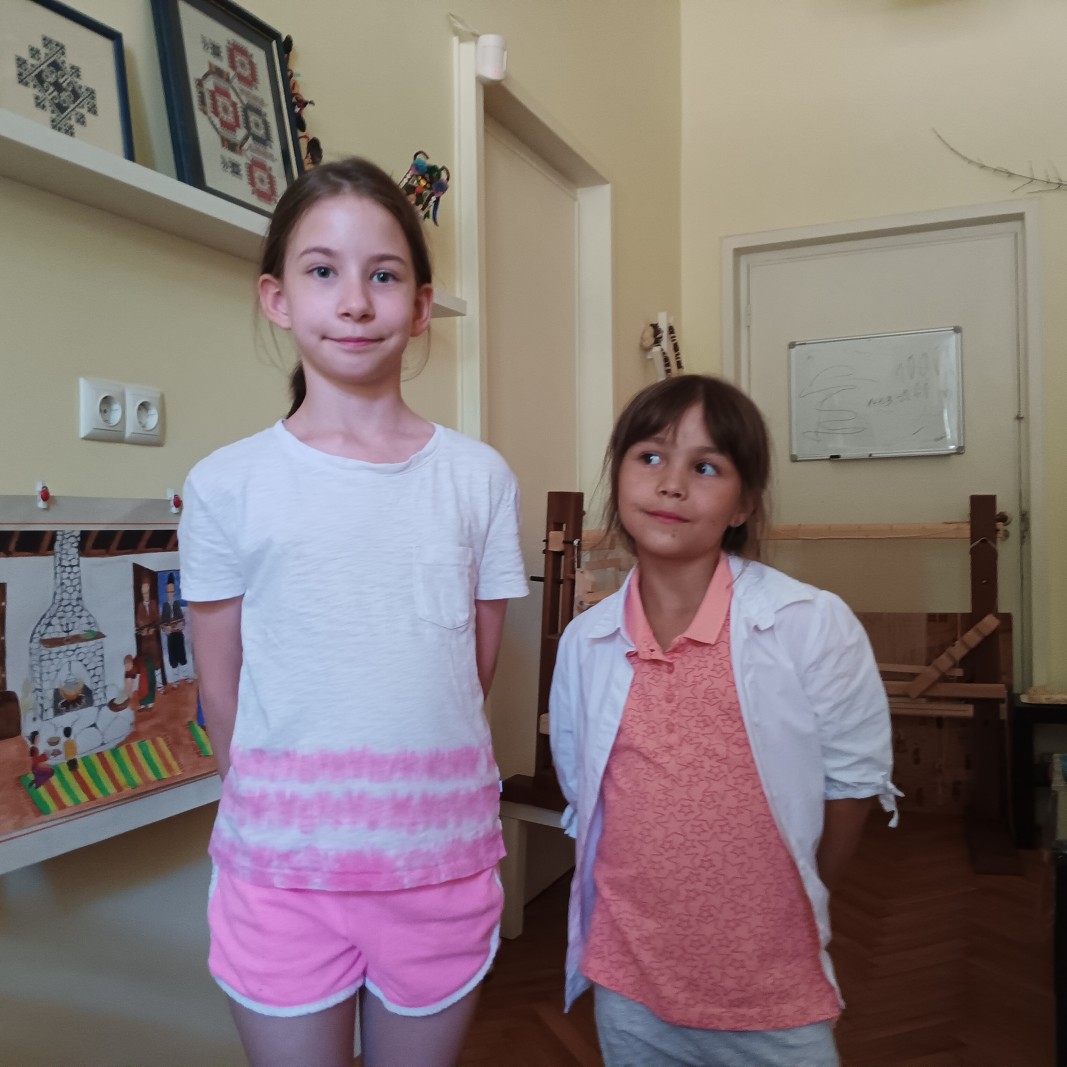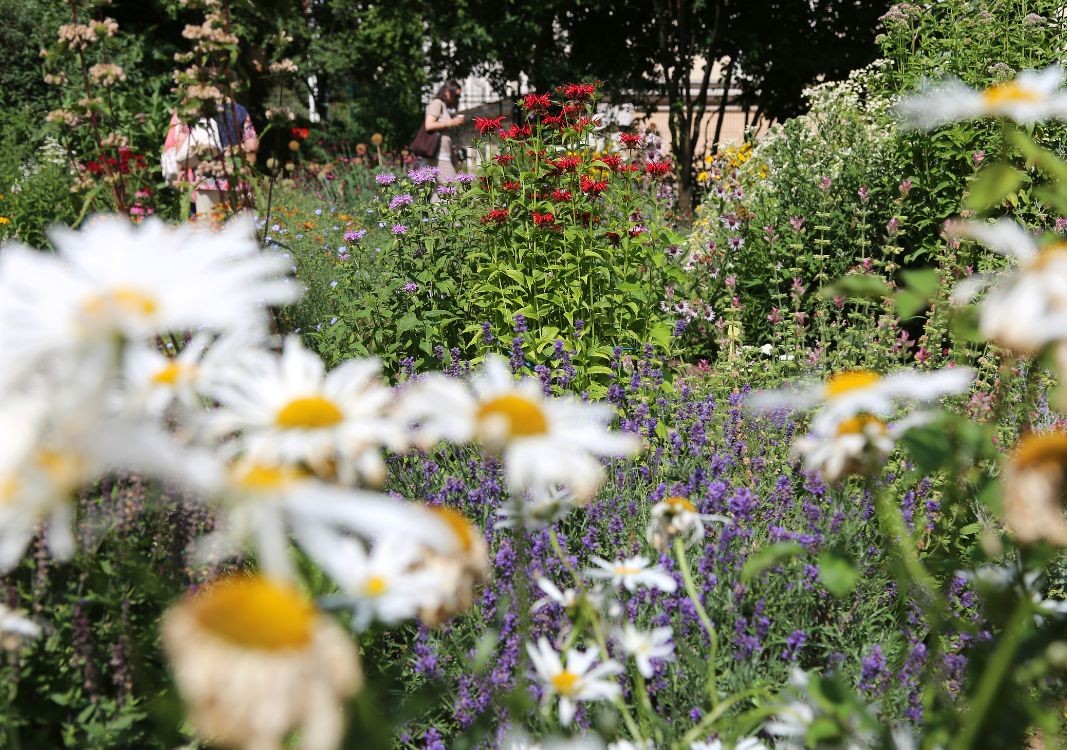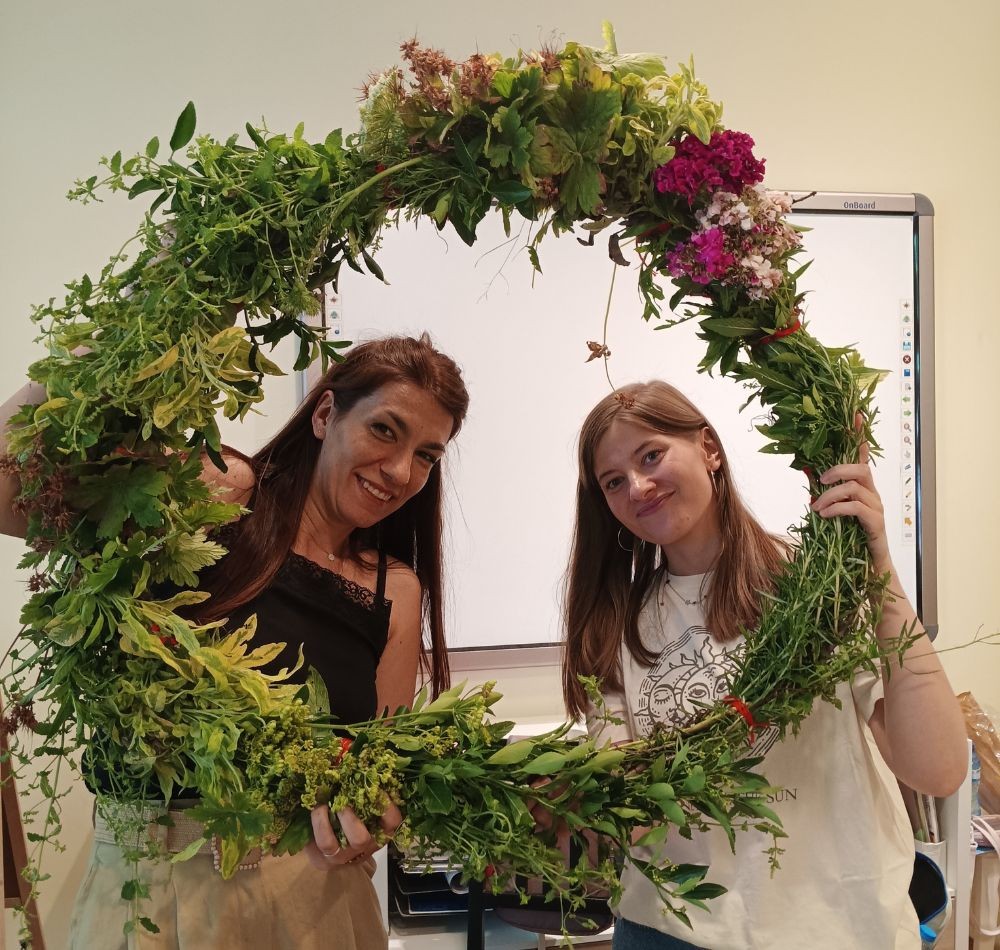





Fans of Bulgarian folklore are getting together in the village of Ribaritsa near Teteven on 20 and 21 July for the 3 rd national festival and the 16 th edition of the festival of folklore of national customs and authentic traditional costumes in a..
Nearly 340 participants from countries on different continents will take the stage at the Summer Theatre in Marno Pole Park in Veliko Tarnovo to present the their folklore traditions. The start is today, 20 July, when the traditional..
Products made of wool inspire the feeling of inner comfort and warmth in the visitors of the Plovdiv Regional Ethnographic Museum. The exhibition "Bulgarian felts - a message from antiquity" presents an ancient craft, which is..
All Bulgarian masquerade games originate from the ancient rituals related to the birth of the sun around Christmas. With the adoption..

+359 2 9336 661
